Newborn Habits That Are Totally Normal (But Freak You Out)
Bringing your newborn home is thrilling—but nothing prepares you for their bizarre breathing habits. Many parents are startled by the irregular, rapid, or even noisy breaths their baby takes. Newborns often breathe in fits and starts, sometimes pausing for a few seconds or making tiny grunting sounds. Unlike older children or adults, this is perfectly normal: their immature nervous systems are still learning to regulate breathing rhythms. While unsettling, these quirks are almost always harmless and usually settle as your baby grows.
Hiccups That Last Forever
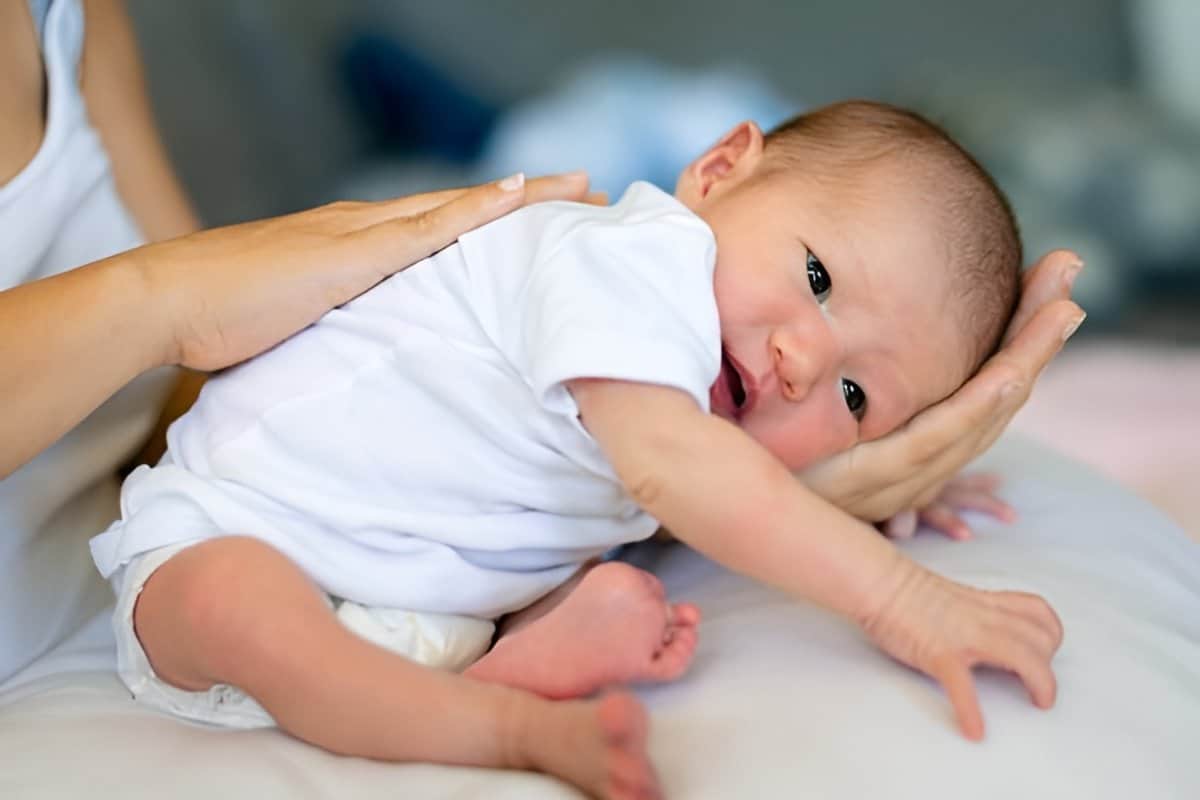
If it seems like your baby has a case of the hiccups that just won’t quit, you’re not alone. Newborn hiccups can appear out of nowhere and linger much longer than adult hiccups. This happens because their tiny diaphragms are still developing and easily irritated, especially after feeding. Unlike adults, babies usually aren’t bothered by hiccups and rarely even wake up from them. Unless your little one seems distressed or is having trouble feeding, these marathon hiccups are nothing to worry about and will become less frequent with age.
Startling Reflexes (Moro Reflex)

Have you noticed your newborn suddenly fling their arms and legs out as if startled by an invisible force? This is called the Moro reflex, a completely normal and healthy sign of development. This reflex is triggered by a sudden movement, loud noise, or even a shift in position. It can look dramatic, but it’s your baby’s natural response to unexpected stimuli. The Moro reflex usually fades away by four to six months, signaling that your baby’s nervous system is maturing as expected.
Crossed Eyes and Wandering Gazes
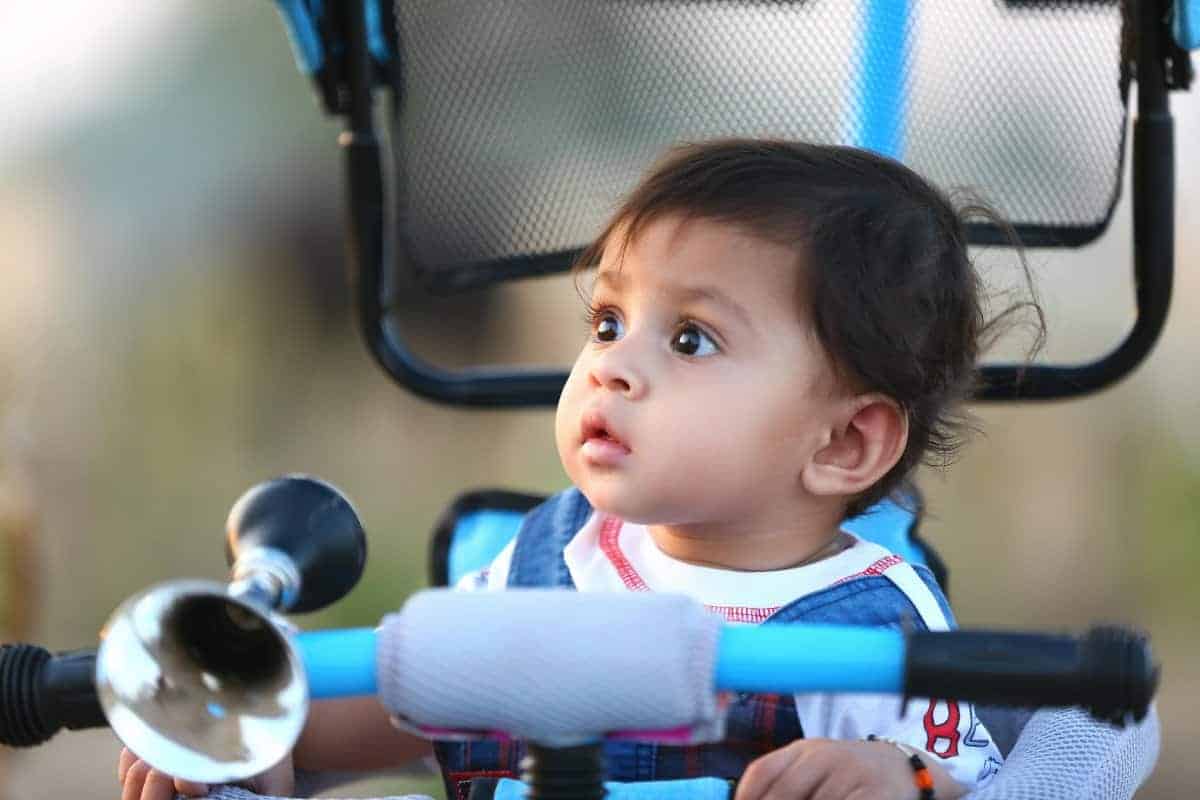
Many parents are surprised when their newborn’s eyes seem to cross or drift in different directions. This wandering gaze can look alarming, but it’s actually a normal part of early visual development. Newborns’ eye muscles are still gaining strength and coordination, so their eyes sometimes appear misaligned. Unlike older children and adults, babies haven’t yet mastered focusing both eyes together. Most of the time, these episodes lessen by about three months of age, as your baby’s vision and muscle control rapidly improve.
Jerky Movements and Twitching

It’s common to see your newborn’s arms or legs twitch or move in sudden, jerky bursts—especially during sleep. These movements are due to an immature nervous system and are a normal part of early development. Unlike older children, babies haven’t yet gained full control over their muscles. While it may look strange or even startling, these twitches and random motions are harmless and help your baby’s brain and body learn how to coordinate movements over time.
Sneezing and Noisy Breaths

It can be alarming to hear your newborn sneeze often or make a range of snorty, congested sounds. Frequent sneezing is your baby’s way of clearing tiny nasal passages, not a sign of illness. Unlike adults, babies can’t blow their noses, so sneezing is their only defense against dust or milk droplets. Noisy breathing is also normal, since their airways are still adjusting to life outside the womb. These sounds usually settle as your baby’s nasal passages grow and mature.
Frequent and Funny Facial Expressions
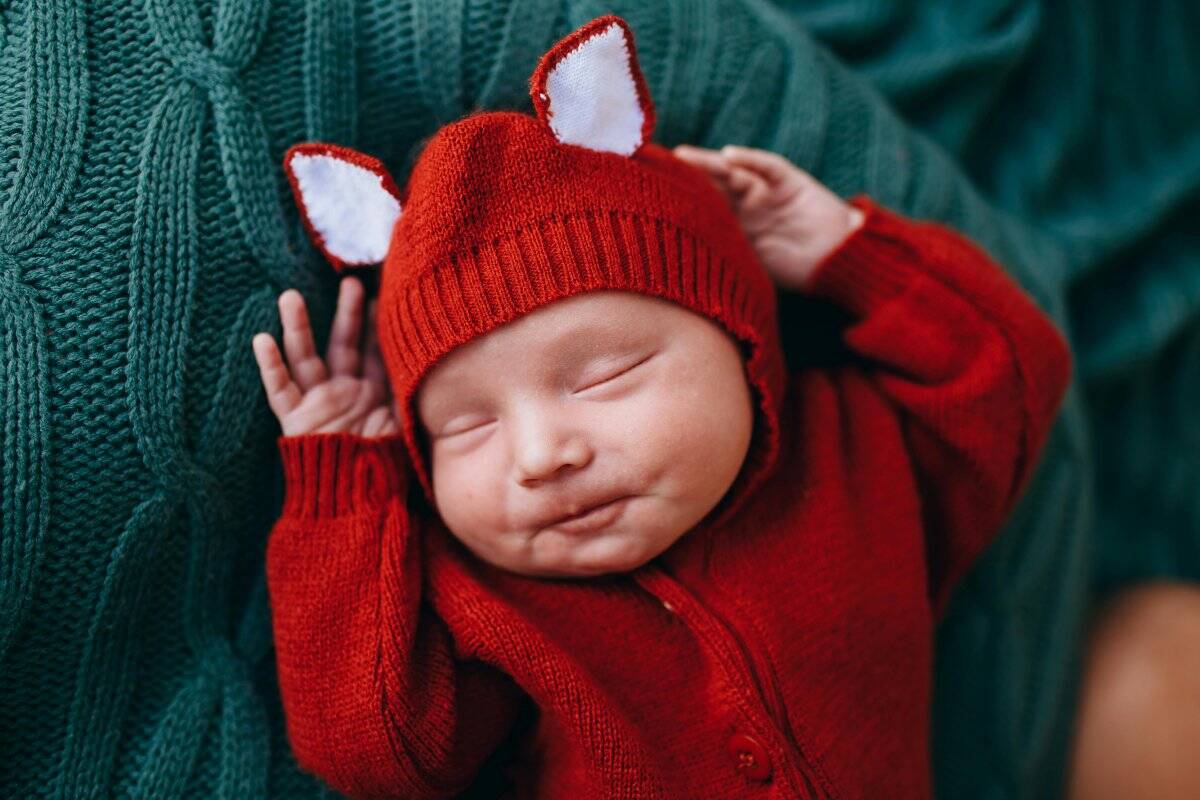
Newborns are tiny masters of exaggerated faces, cycling through grimaces, smirks, frowns, and even fleeting smiles. These amusing expressions are rarely intentional. Unlike older children, babies’ facial muscles react spontaneously to sensations, gas, or even changes in light. It’s common for parents to wonder if a newborn’s smile is real, but early smiles are usually reflexive rather than social. As your baby grows, you’ll start to see more purposeful and responsive expressions, but for now, enjoy the adorable unpredictability!
Grunting During Sleep or Bowel Movements
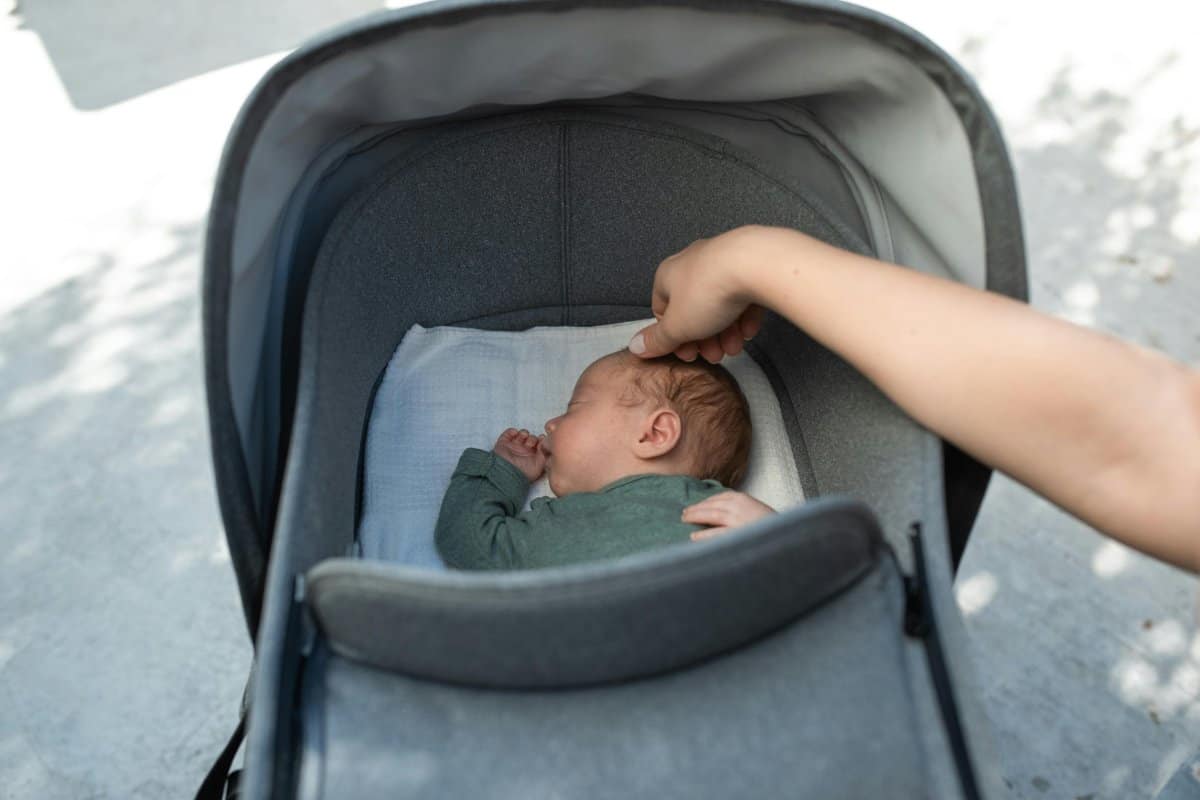
If your newborn sounds like a tiny wrestler grunting through the night or when filling a diaper, don’t be alarmed. Grunting noises are extremely common and stem from immature digestive systems and developing sleep cycles. Babies often grunt as they adjust to passing stool or transition between sleep stages. Unlike adults, newborns haven’t yet learned to coordinate their abdominal muscles, so these sounds are part of the process. Typically, grunting fades as your baby’s systems mature and they gain better control.
Frequent Startling and Jumping in Sleep
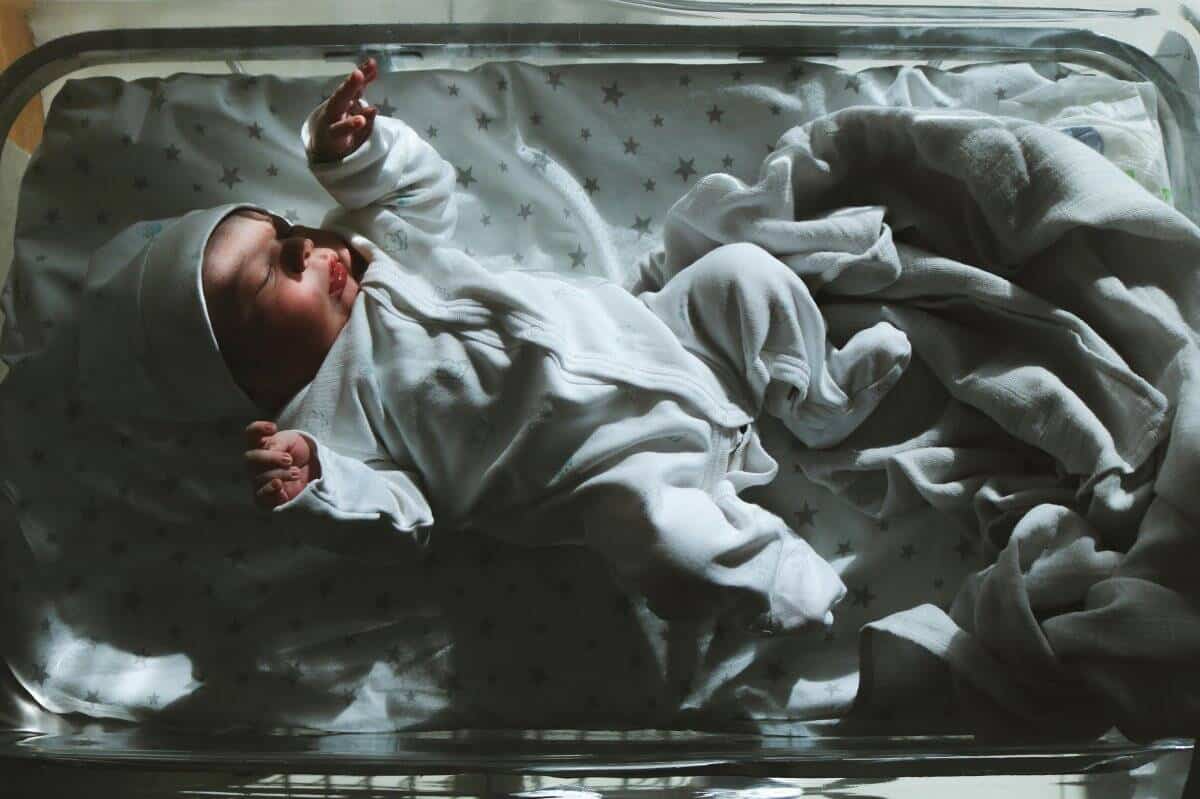
Watching your baby suddenly jump or startle during sleep can be unsettling, but it’s a normal part of newborn development. These spontaneous movements are linked to their maturing nervous system, which is still learning to regulate muscle control. Unlike adults, who tend to sleep more soundly, newborns cycle through lighter sleep stages where these jerks are common. As your baby grows, these nighttime surprises will become less frequent, signaling improved nervous system development and deeper sleep.
Peeling or Flaky Skin
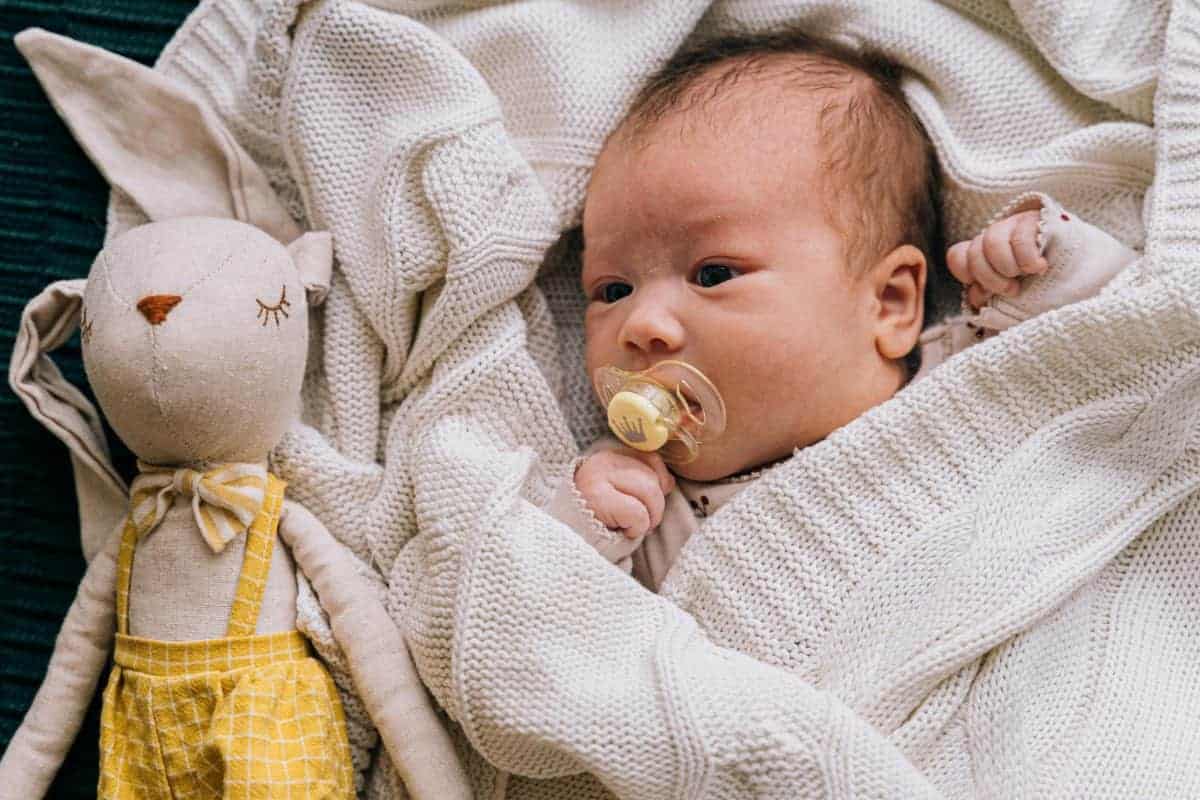
Many newborns shed their first layer of skin in the early weeks, leading to peeling or flaky patches on their hands, feet, or body. This is a completely normal part of adjusting from the amniotic fluid of the womb to the drier outside world. Unlike older children and adults, newborn skin is still adapting and renewing itself rapidly. There’s usually no need for special lotions—gentle care and time are all that’s needed for baby’s skin to become smooth and soft.
Conclusion

Newborns come with a host of quirky habits—from strange breathing, marathon hiccups, and twitchy movements to funny faces and peeling skin. While these behaviors can be unsettling at first, they are usually signs of healthy development as your baby adjusts to the world. Remember, most oddities fade with time and are part of your little one’s unique growth journey. If you’re ever unsure, don’t hesitate to reach out to your pediatrician for reassurance. Above all, enjoy every surprising moment—these fleeting quirks are part of what makes newborn days so memorable!
.article-content-img img { width: 100% }




